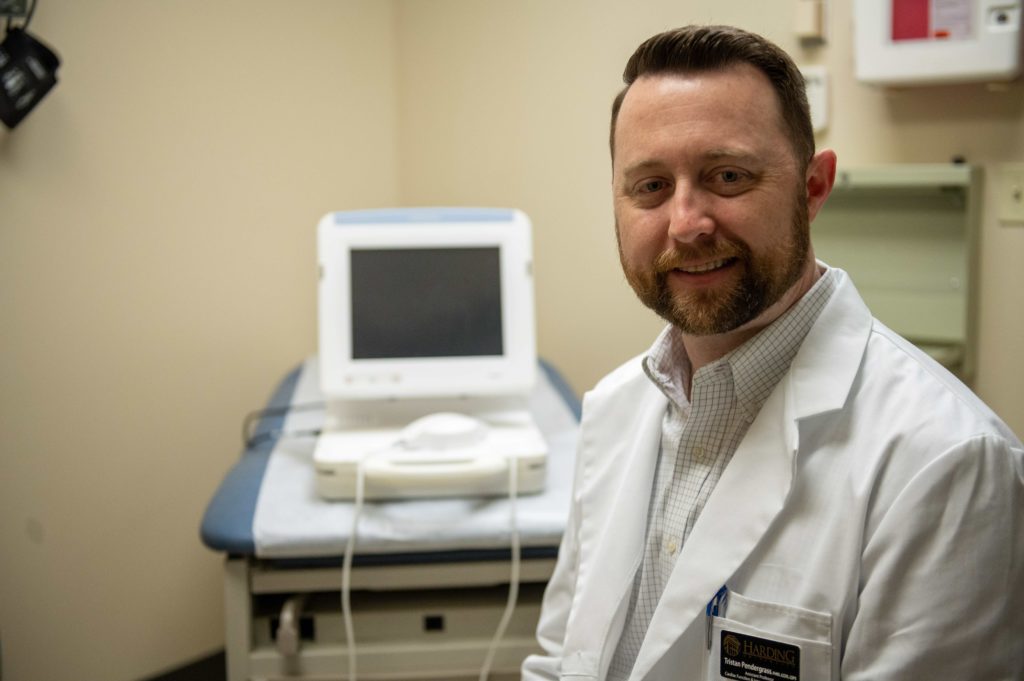
What is the Master of Science in cardiac function and interventional technology program ?
CFIT is a master’s degree program that will serve as a phenomenal resource for graduates looking to start a career or advance an existing role within the cardiac device industry.
What is your background in this field?
I went to Louisiana Tech University for my undergraduate education. Throughout my time there, I developed an interest in medical devices and discovered a direct pathway into the cardiac devices industry. That basically involved going to Arrhythmia Technologies Institute. I went to ATI as a student in 2006-2007 and was trained in cardiac rhythm management and electrophysiology, had a career for nine years in the industry in central Florida in a couple of different clinical and sales roles and with a couple of different manufacturers. Then I left the industry to return to ATI to teach for five years. I held a number of different titles and taught various topics in cardiac rhythm management and electrophysiology.
What has working with
Dr. Ken Turley
been like?
Ken is great. His experience brings resources and dispositions to the program that will be very helpful to our students in providing a broad understanding on the cardiac function side as well as leadership in the academic and research section. Ken deserves a lot of credit for networking with Harding alumni, researching the opportunity and recognizing that Harding has a rich network in this industry that we can leverage to the benefit of this program. I’m very thankful that Ken, as well as the leadership at Harding, had the foresight to consider building this program.
Why are you passionate about this program?
This is such a unique field where students can have such a pronounced impact on patients’ lives. Some of these technologies are considered curative for patients, and the technologies that aren’t curative significantly impact patients’ quality of life. Because it’s cardiac in nature, one way of thinking about it is that physical health, in a large part, is secondary to cardiac health. If you are in poor health from a cardiac standpoint, you’re going to have a poor quality of life, so if you can impact somebody’s heart health, you can make a big difference in how they feel, and this makes such a big difference to these patients, their families, their caregivers and their community. It’s such a special opportunity to be in a unique, valued consultative role that has such an impact on the leading edge of technology.
Why is Harding the right place for this program?
It’s hard to put into words how perfect Harding is to have this program. First off, Harding has a mission that aligns with this really well, as well as a rich alumni network. Probably for the size of this school, Harding has one of the largest alumni networks in the industry, just from the history of graduates going to one of the certificate programs prior to the existence of this specific degree opportunity. In addition, Harding has such a great collection of health care programs through the College of Allied Health as well as College of Nursing . Harding has so many resources that we can leverage as we’re building this program for future Harding students.